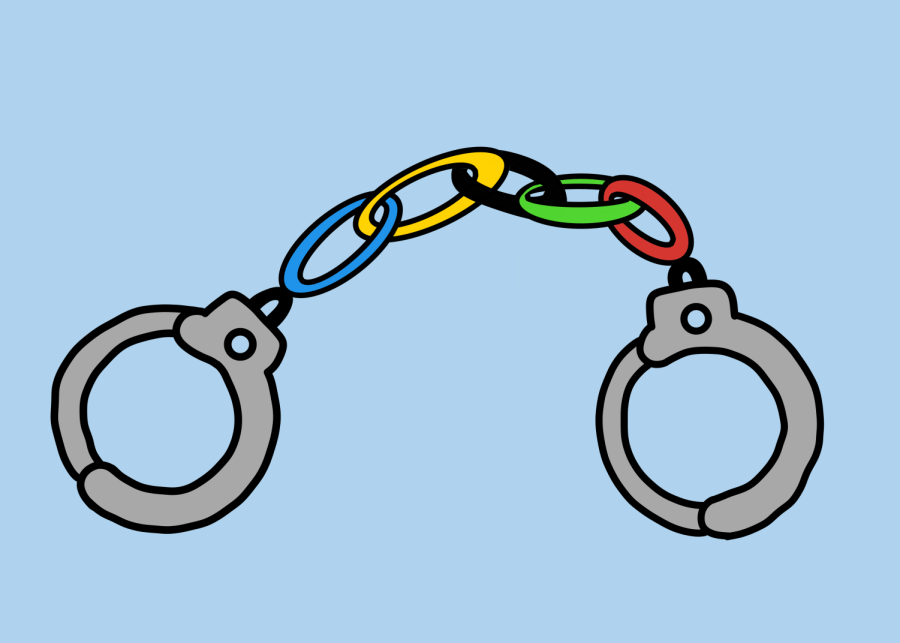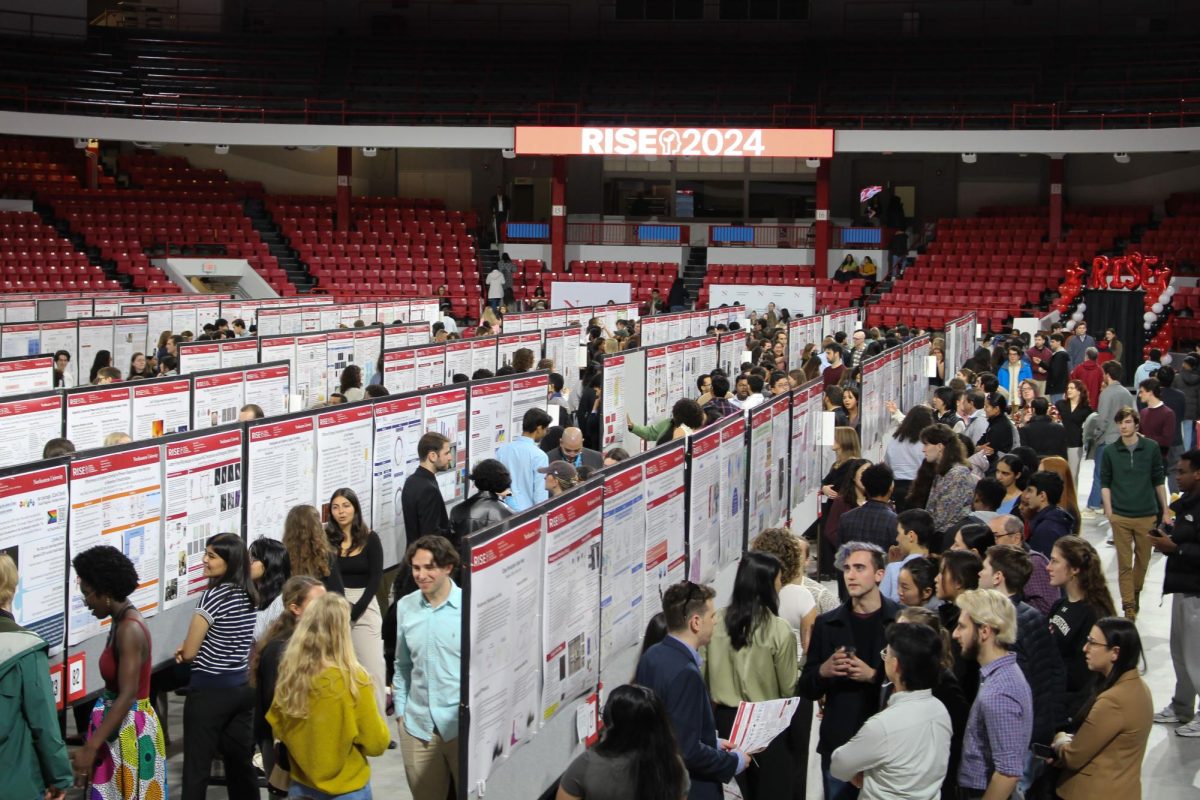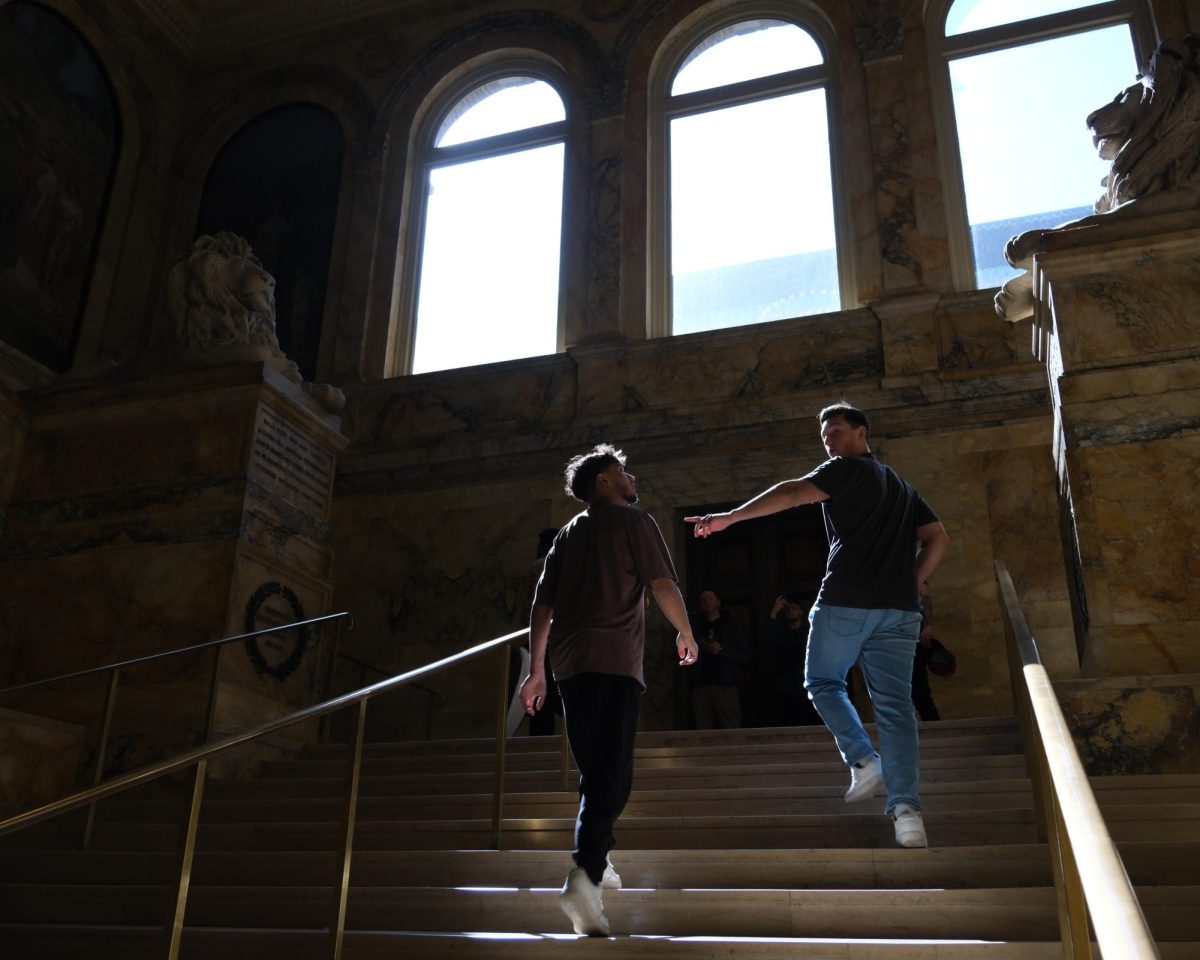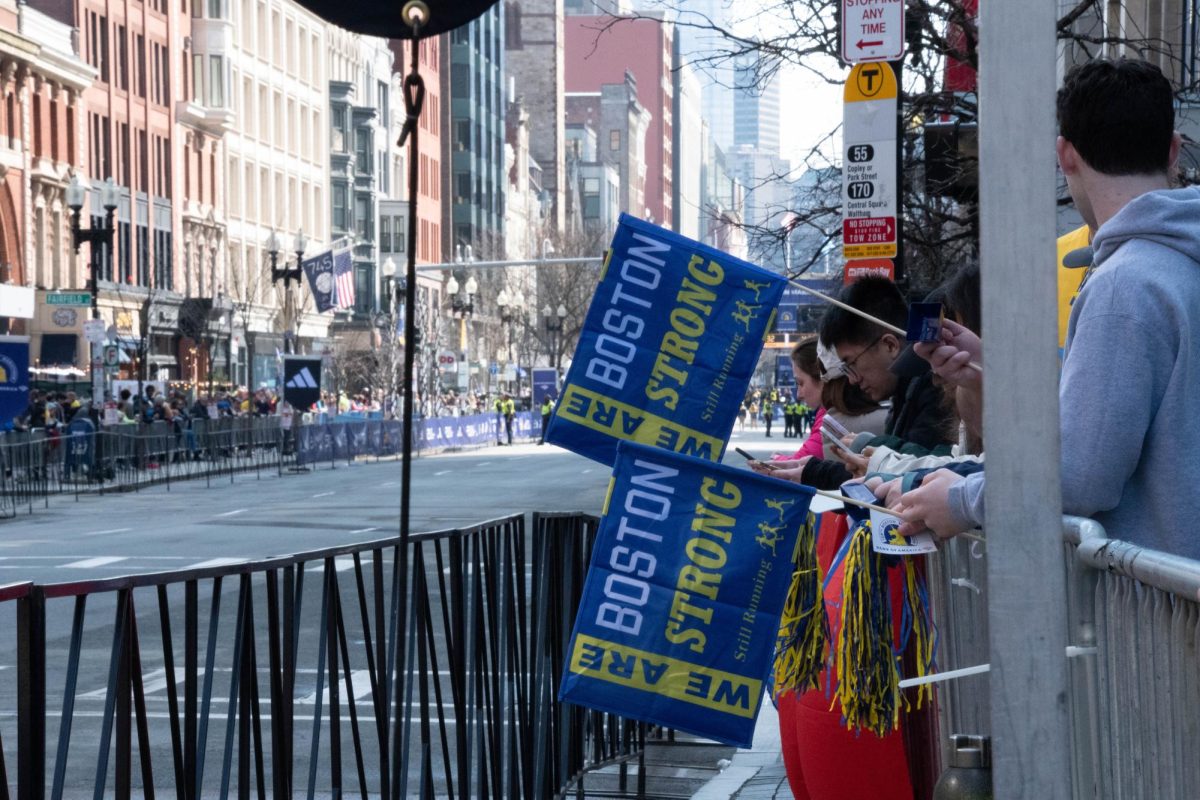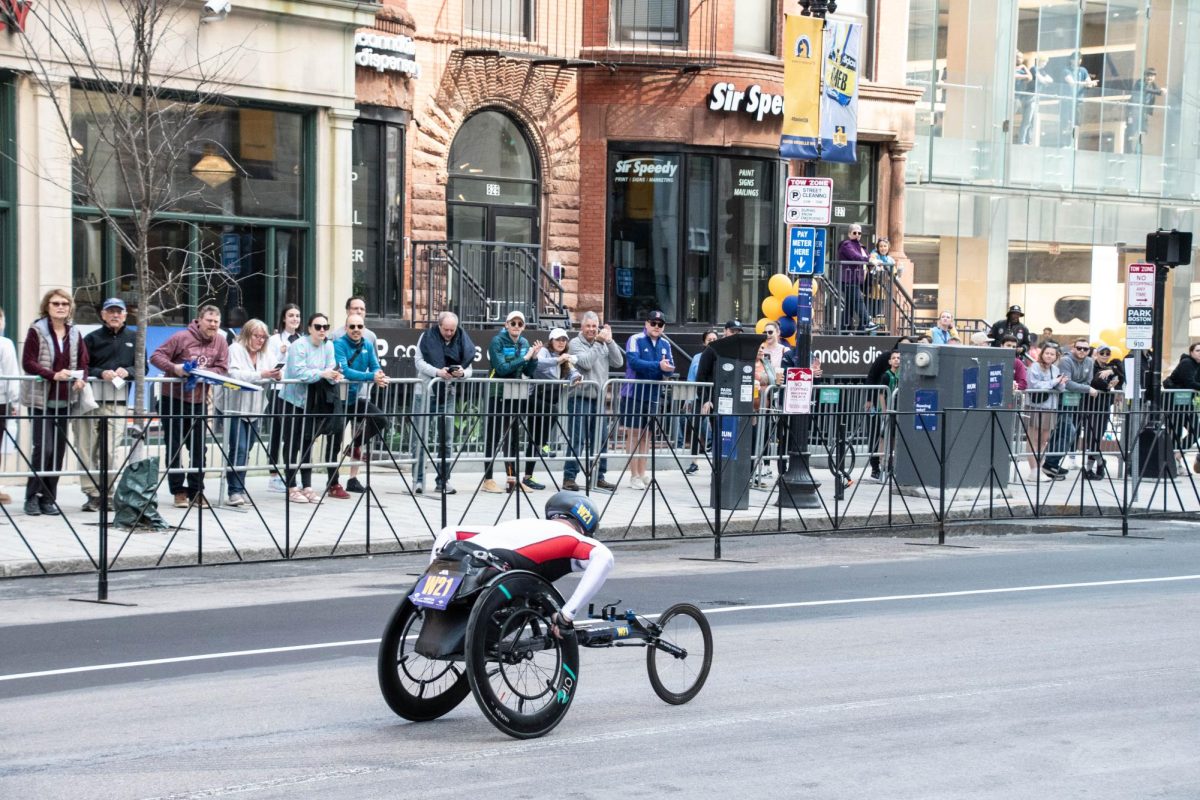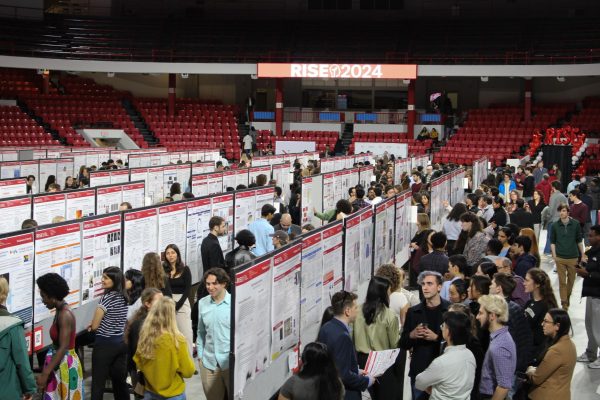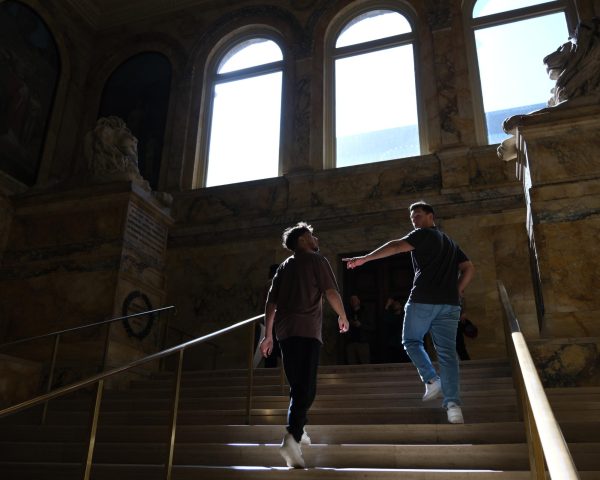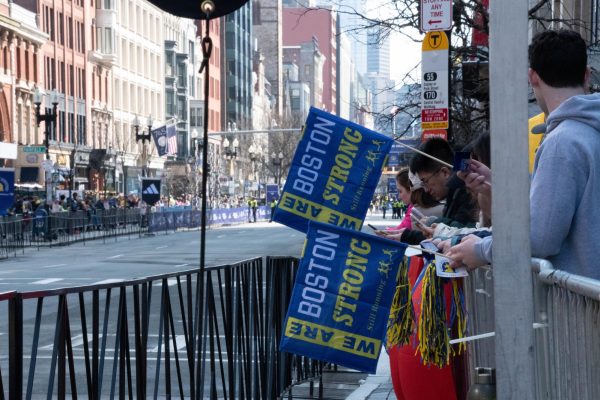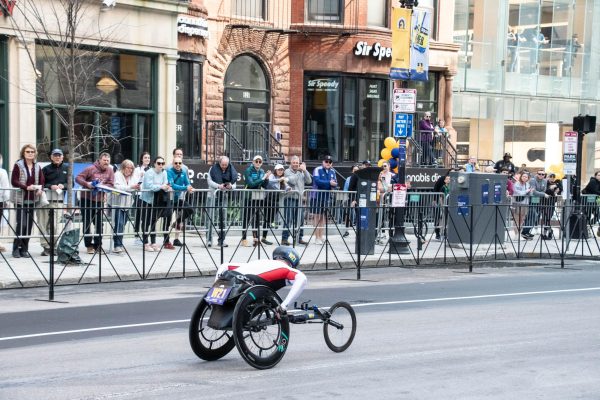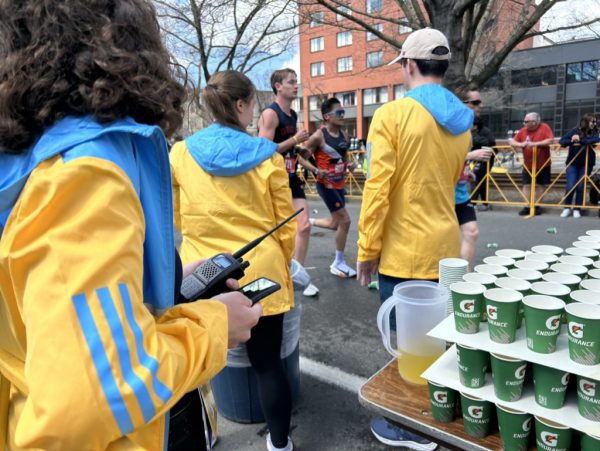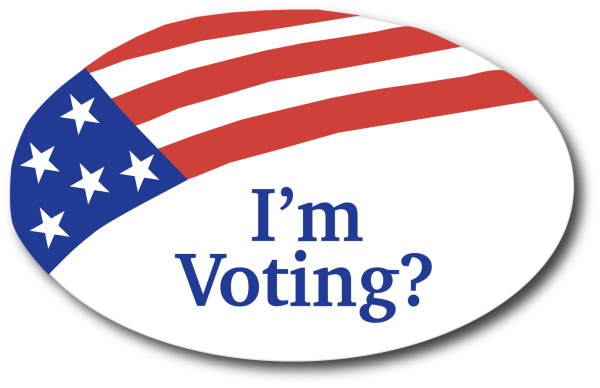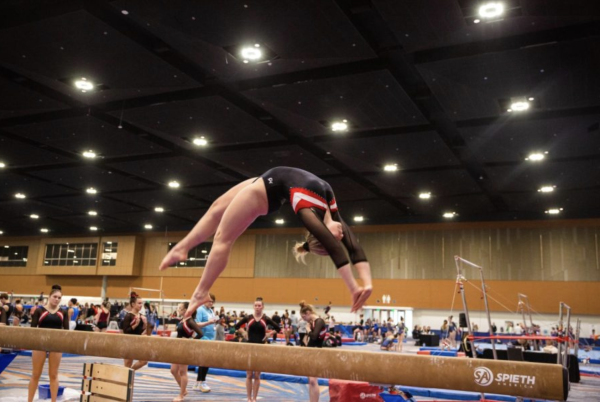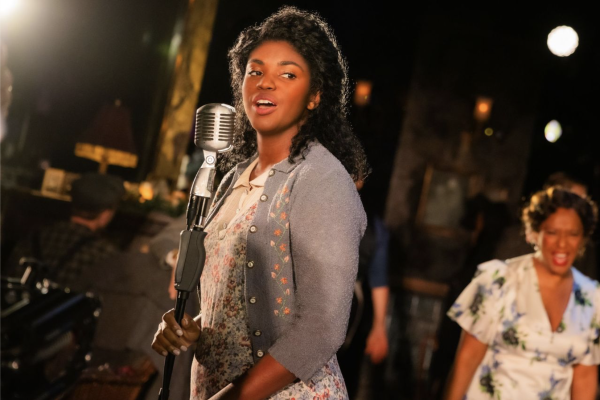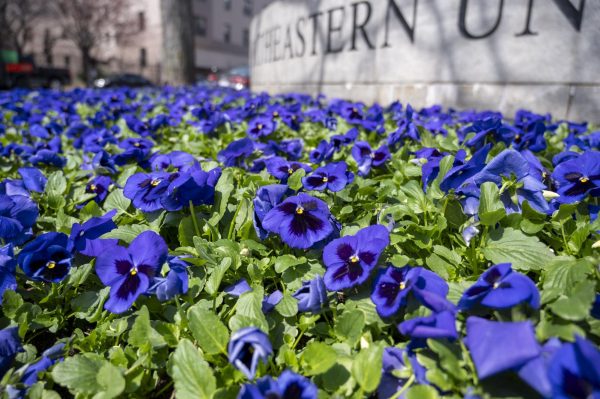Op-ed: The Olympic Games should focus on sports, not politics
The diplomatic boycott on the 2022 Olympic Games has been ineffective.
February 26, 2022
The 2022 Winter Olympic Games in Beijing, China, officially came to an end Feb. 20.
Although the Games went smoothly, the appropriateness of Beijing as the host city was controversial among Western countries due to accusations regarding the Chinese government’s “atrocities against the Uyghur Muslim population in the northwest province of Xinjiang,” according to the BBC.
The United States, joined by nine other countries including the United Kingdom and Canada, declared a diplomatic boycott in which only the country’s athletes — no government officials or ministers — attended the Games. While this diplomatic boycott aimed to make a statement against the human rights violations of the Chinese government, it only put American athletes under public pressure, and also intensified the strained relationship between the United States and China.
The goal of the boycott was to exert public pressure on the Chinese government, in order to help with the human rights abuse situation in the Xinjiang region of China. It started from humanitarian social activists, holding a “fundamental commitment to promoting human rights,” according to White House Press Secretary Jen Psaki.
Starting in 2017, a large population of Uyghurs were detained and forced to provide free labor in “reeducation camps” in Xinjiang. Voices from Western countries have been consistently urging, and even using sanctions, on the Chinese government to stop its imprisonment of Uyghurs for practicing their religion.
The sports themselves should be separated from the current political climate. U.S. Olympic and Paralympic Committee CEO Sarah Hirshland said she was excited to receive support from the U.S. government.
“Competing on behalf of the United States is an honor and a privilege, and Team USA is excited and ready to make the nation proud,” Hirshland said.
However, it is still difficult to create a respectful environment of sportsmanship when the athletes are the target of domestic critics who are outwardly supportive of the boycott.
Some U.S. Olympians openly criticized the host country for its misconduct, while others chose to dodge sensitive questions on politics as a self-protection strategy from China’s strict censorship. Those who avoided the controversy faced fierce criticism from U.S. activists.
Mary Gallagher, a professor of political science at the University of Michigan, said that those who neglect Beijing’s forceful intervention in Xinjiang are deaf to international condemnation of China’s policies. Regardless of whether the athletes were outspoken about the issue, their freedom of speech should not be at risk as they are already facing pressure from the game itself.
On a broader scale, the diplomatic boycott has also led to a heightened tension between the United States and China, which adds to a long history of tension that has not yet been resolved. For example, when former President Donald Trump signed legislation to sanction Chinese officials who took part in suppressing protests in Hong Kong, a large amount of criticism of the protestors was raised in China. This time on the Uyghurs’ issue, the New York Times revealed the propaganda of the Chinese government by recording locals’ pronouncement of their prosperous life as “born and raised” Xinjiang Uyghurs. These not only uphold the Chinese government’s welfare policy, but also strongly criticize “libel and slander” from the West.
This is not the first time the United States has declared a boycott on the Olympics. In 1980, the United States and other countries attempted to boycott the Olympics in Moscow over tension between the Soviet Union and Afghanistan. Unfortunately, that didn’t stop the Soviets from invading Afghanistan, and it kept athletes from participating in the Olympics. That boycott, thus, negatively affected the athletes’ experience in the Games, similarly to how this year’s boycott drew the attention away from athletes’ performance.
As Northeastern students living in a democratic society, we should focus on human rights liberation and spread the value of humanitarianism. However, we should not blindly accuse athletes of holding certain political views by participating in these Games. Even in our own Northeastern community, we had eight people attend the Olympics in Beijing — and all of whom have been proudly supported by the university. Their diversity in nationality was also embraced, which has created a harmonious atmosphere within the campus community toward these athletes. This is ultimately what the Olympic Games were meant to bring,but the boycott has only pushed us further away from achieving this goal.
Tim Zhao is a first-year journalism and political science combined major. He can be reached at [email protected].



